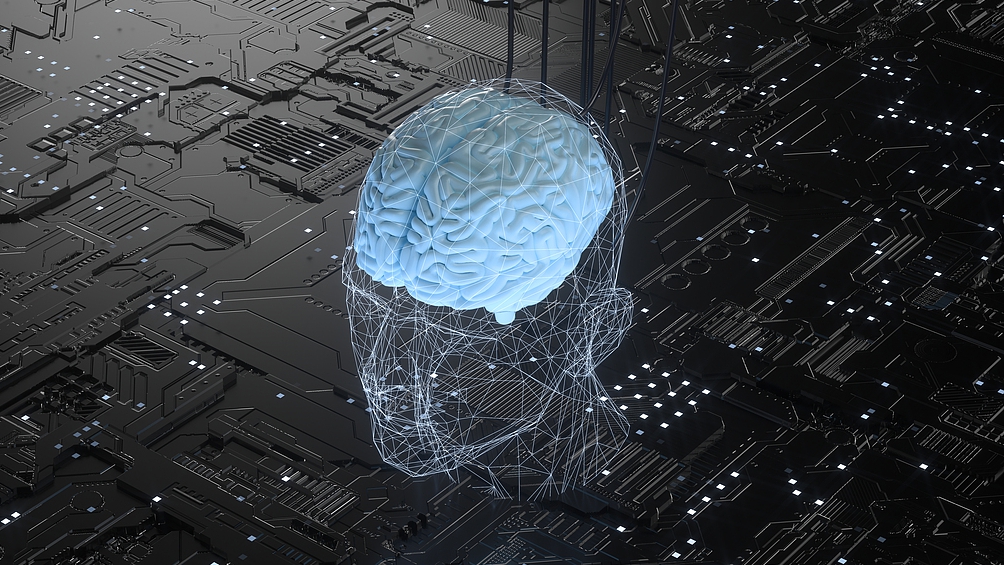China's Brain Chip Tech Achieves Tumor Localization Breakthrough

VCG
A Chinese-led team has reported a breakthrough in brain-computer interface (BCI) technology after completing the first-ever clinical trial to precisely locate deep-seated brain tumors using implanted microelectrode arrays.
In the world's first trial of its kind, conducted by the Aerospace Information Research Institute of the Chinese Academy of Sciences and the First Affiliated Hospital of Harbin Medical University, a glioma patient experiencing speech difficulties due to tumor compression showed significant improvement in language ability after surgery guided by BCI technology.
The core innovation lies in the BCI device, called "NeuroDepth," which provides real-time navigation for tumor boundary detection, enabling accurate resection while protecting healthy tissue. Unlike traditional electrodes that capture only surface signals, NeuroDepth can record activity from the cortex to deep brain regions and monitor neurotransmitters, offering more detailed data.
"It has broken through the limitation of traditional neural electrodes, which could only detect signals from cortical based tumors," said Wang Mixia, an associate researcher of the Aerospace Information Research Institute.
"Our electrodes can capture neural signals across the entire brain, from the cortex to subcortical regions and even deep brain structures. They are capable of not only detecting neuro-electrophysiological signals but also monitoring neurotransmitter signals, providing more precise information," Wang said.
Researchers say the technology could advance treatment of gliomas and brain metastases, which are difficult to remove due to unclear boundaries. They also plan to expand applications, including BCIs to restore vision and hearing, and endovascular interfaces to support motor recovery in paralyzed patients.
Source: CGTN



News & Events